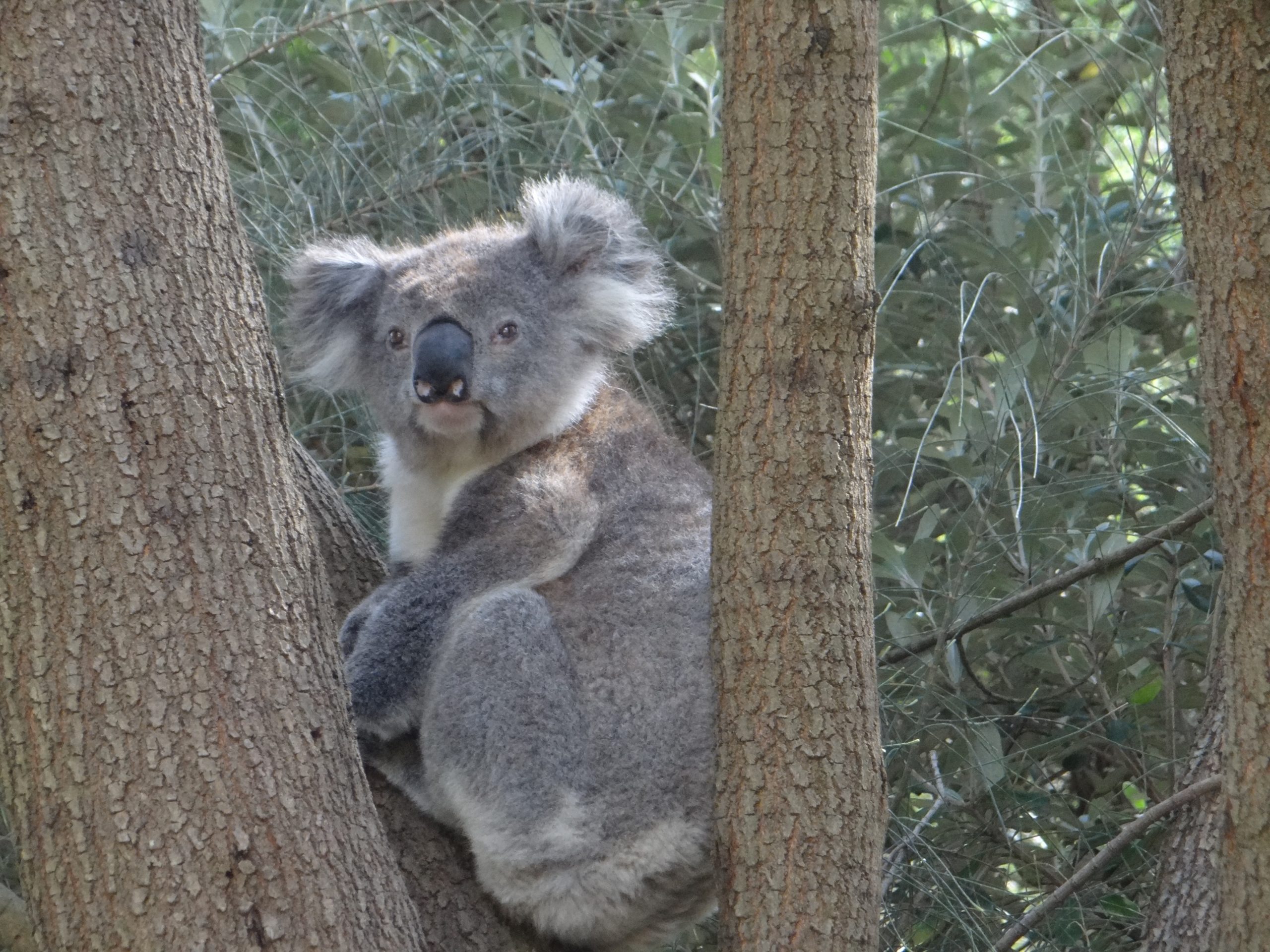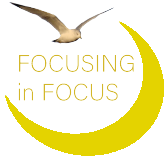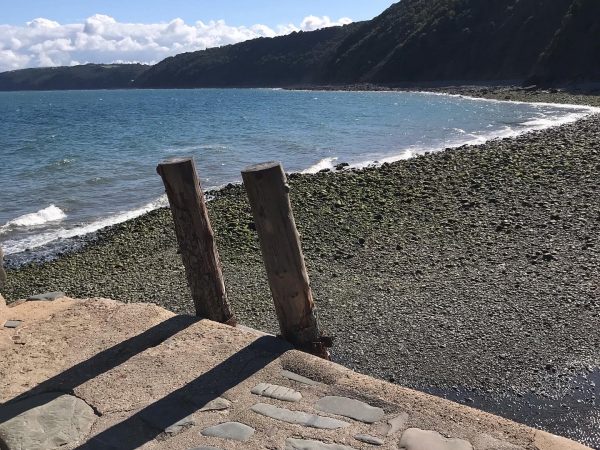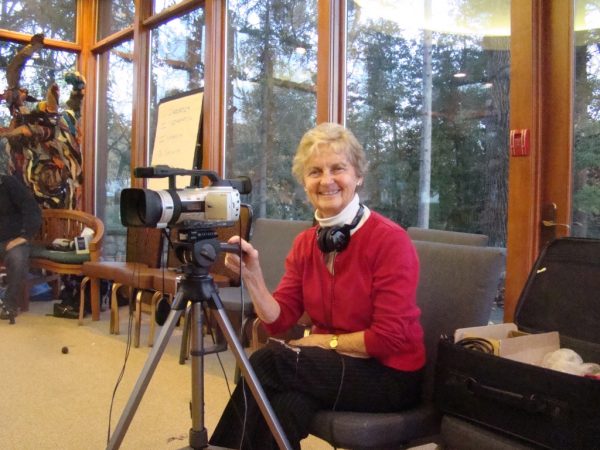
An interview with Maisie Cavanagh in Sydney Australia.
Maisie is an Aboriginal woman from the Wiradjuri language group of New South Wales, Australia. She has spent years actively involved at a grassroots level supporting the growth and awareness of the Aboriginal family. Her main endeavours are in writing, public speaking and actively participating in the reconciliation process of this country. I videotaped this interview and wrote this story some years ago. Full interview is available on DVD by request from nadalou@nadalou.com
She told me this story: “As a very young child, my family decided to move to Sydney to avoid political policies of that time. We had to leave the land we BELONG TO. Through my childhood my mother kept taking us back by train to the land we belong to and taught us how to be nourished so we could learn from a deeper level what it means to be an Aboriginal. I was schooled in Sydney, but I was educated when I went with mom to the land we belong to. As she mentioned this phrase “THE LAND WE BELONG TO” several more times, I asked her to explain to me what she meant by it.
“Belonging” and “Kinship” with the land are operational words for this experience, she said. “But they come from the wordless reality and any word is always painfully short to give authentic expression for non-aboriginals to understand. There is pain in it, because it is viewed that if it cannot be expressed it might not be that important either. This of course is not true, because having a kinship with this kind of awareness, you come from a different psychology, a different position.”
“Walkabout is like pilgrimage”, she said. She described some of their walkabouts. ”My mother would take us to the land we belong to. To get us ready for the experience to learn how to “walk” and how to “listen, she first stopped us from talking. Listening was not with the ears, instead we observed, absorbed, moved around, noticed, detected hidden meaning through sounds, smells, every feature of landscape around us. Every feature of the landscape has its worth. She told us not to kick stones, because they have their own worth. My father reminded us about this “kinship” in droughts. He taught us to be kind to everything around us because drought is affecting everyone. I see the landscape having a story to it, it has a meaning, it has a life. This story is my story. The only way to build this relationship is to have love for it.
Silence and stillness made an impact for the rest of my life that gave me the key to understanding where and how I belong in the scheme of things. This is the meaning of DADIRRI – it comes with that inner stillness, but you have to come to that to be able to receive the story. If we can take a coat off our conditioning and open up to take the feeling vibes from the environment around us, we understand that we are part of the same thing. This is the most important thing in my life.”
Whenever I spend time with this story, I experience more appreciation for my own understanding and my enthusiasm to share it with others. This woman spoke out of her experience of being a part of the whole interaffecting event. Interaction first!



